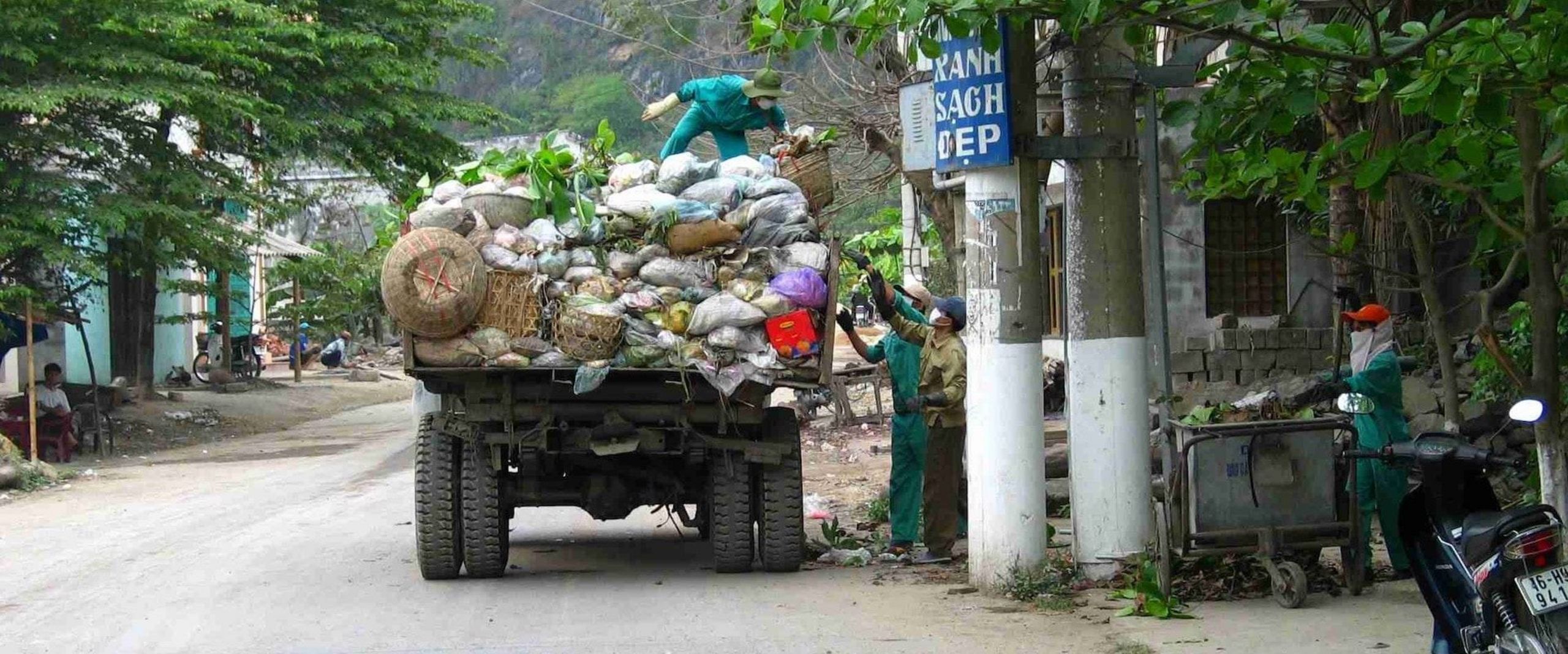
BiWaRe
| Projektleitung | Wittmaier, Martin, Prof. Dr. |
|---|---|
| Durchführende Organisation | externe Einrichtung, Institut für Energie und Kreislaufwirtschaft an der Hochschule Bremen GmbH |
| Projekttyp | Drittmittelprojekt (Zuwendung) |
| Mittel- bzw. Auftragsgeber | EU und sonstige internationale Organisationen, Europäische Union (EU) |
| Förder- bzw. Auftragssumme | 45.191,91 € |
| Laufzeit | 12/2003 - 12/2004 |
| Forschungscluster | Region im Wandel |
Against the background of the worldwide increasing energy demand, the depletion of natural resources and global warming, renewable energy using biomass and organic waste represents a sustainable alternative for energy development all over the world. Two forms of energy production are particularly interesting for decentralised applications in countries like Vietnam and Thailand: the generation of biogas by anaerobic digestion of organic substances and by thermal processes. Due to the climatic conditions and the economic structure, organic substrates from farming, forestry or waste are very abundant. Furthermore, renewable energy is suitable for decentralised application and can provide environmentally, economically and socially sound energy access to communities and premises. The sanitised solid product of the biogas process can be utilised as a secondary fertiliser which contributes to a closed cycle of flow of substances. Today the overall application of renewable energy from biomass as well as research and development in this field is limited in ASEAN countries. Typical constraints are legal and institutional barriers, the lack of technology transfer and systematic data for developing renewable energy policies on supply and demand. Furthermore, there is a need for improvement of applied biogas and thermal processes towards best practices. The purpose of this project is to develop an integrated 'Decision Support System' for the application of renewable energy technologies - in particular biogas and thermal processes- with applied examples from Vietnam and Thailand. Technical, socio-economic and legal conditions of the respective countries will be considered. Based on the 'Decision Support System' a training module will be developed for integrating the results of the project into the curricula of the participating universities, contributing to a more practically oriented, integrated and innovative education.